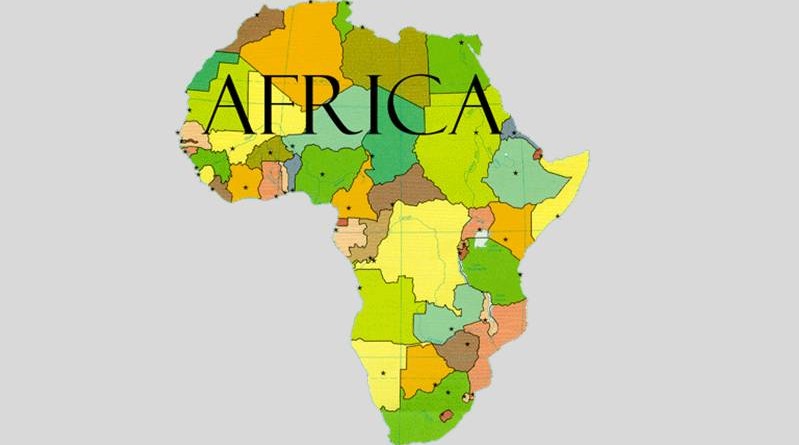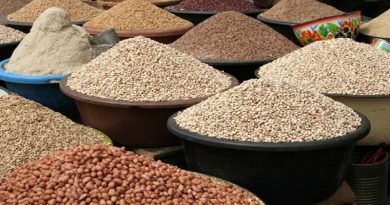Africa must trade smart to drive growth, intra-trade – Akinwumi Adesina
The President of the African Development Bank (AfDB), Dr. Akinwunmi Adesina, has said that with the rapidly changing world of trade and rising echoes of unilateralism, Africa must trade smartly, by ensuring rapid growth in Intra-African trade.
Speaking during a gala dinner organised to mark the 2018 Annual Meetings and 25th Anniversary of the African Export-Import Bank (Afreximbank) in Abuja, Adesina pointed out the important role of the African Continental Free Trade Area (AfCFTA), saying that when fully implemented, the AfCFTA would raise the share of Intra-African trade in Africa’s total trade from 16 per cent to 52 per cent.
Adesina explained that this would also increase the value of Africa’s traded goods and services by $35 billion per year. He, however, commended Afreximbank for its achievements, saying that the AfDB was very proud that the institution it helped create 25 years ago had fully come of age. “Today, Afreximbank is the leader on financing trade in Africa,” he said. Highlighting the importance of trade finance, especially for small and medium-sized enterprises (SMEs), Adesina noted that the AfDB had provided trade finance lines of credit of $650million and trade finance mitigation support of $250 million to support Afreximbank’s trade finance activities.
He called for strong partnership between AfDB and Afreximbank in the development of export processing zones, especially staple crop processing zones, so as to help transform rural economies based on agricultural industrialisation and value addition. Earlier, the Permanent Secretary in the Ministry of Finance of Nigeria, Dr Mahmud Isa-Dutse, which hosted the gala dinner, congratulated Afreximbank on the celebration of its 25th Anniversary. He pledged Nigeria’s continuing support for the Bank as it continues to deliver on its mandate of promoting African trade. Meanwhile, latest report has showed that African economies would grow by 4.1 per cent in 2018, according to The Africa Trade Report 2018: Boosting Intra-African Trade: Implications of the African Continental Free Trade Area Agreement (AfCFTA), a new report launched by the African Export-Import Bank (Afreximbank) on July 11.
The report stated that the implementation of the African Continental Free Trade Area (AfCFTA) Agreement will create opportunities for intra-African market access and will significantly increase trade flows, arguing that tariff removal and cost reduction under the AfCFTA will reduce production costs and induce economies of scale, spurring higher domestic production and investment into different sectors of the economy, which will boost value addition in production and enhance export growth across sectors. It advised that the AfCFTA arrangement needs to go beyond a 100 per cent tariff reduction in all goods, as non-tariff barriers are also major constraints on intra-African trade. Such non-tariff barriers include standards, custom procedures, technical barriers, licenses, prohibitions, distribution restrictions, procurement restrictions, competition measures and rules of origin.
The removal of those barriers, which add costs to intermediate import for domestic production and investment, would spur domestic production and increase the value chain integration of export products, said the report. Commenting on the development, President of Afreximbank, Prof Benedict Oramah, said: “Intra-African trade is only 15 per cent of Africa’s total trade, compared to Europe’s 67 per cent and we need a sustained strategic shift to industrialisation, increased intra-African trade, and de-commoditisation through increased value addition and export diversification. The African Continental Free Trade Agreement and Afreximbank’s Fifth Strategic Plan both emphasise the need for this structural transformation of African economies.” “Afreximbank is committed to weaning the continent from overdependence on commodities and our programmes, notably the Africa Commodities Initiative, contribute to higher value addition by supporting processing and industrial capacities in various commodity sectors.”
Source: Dailytimes.ng




